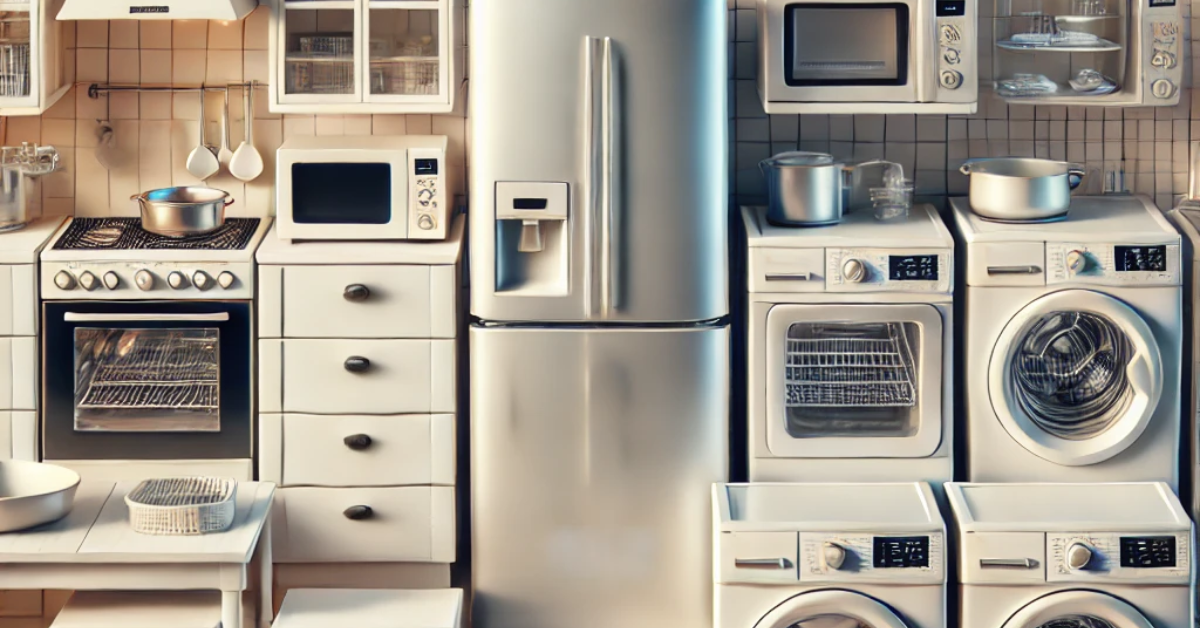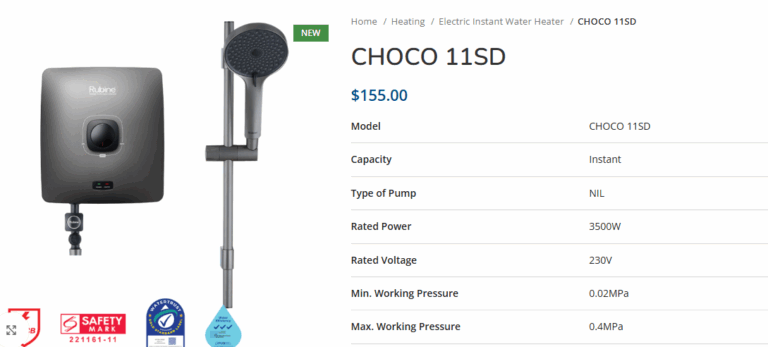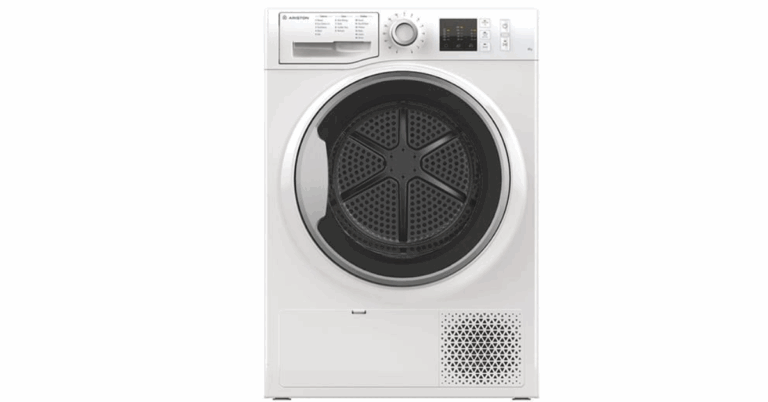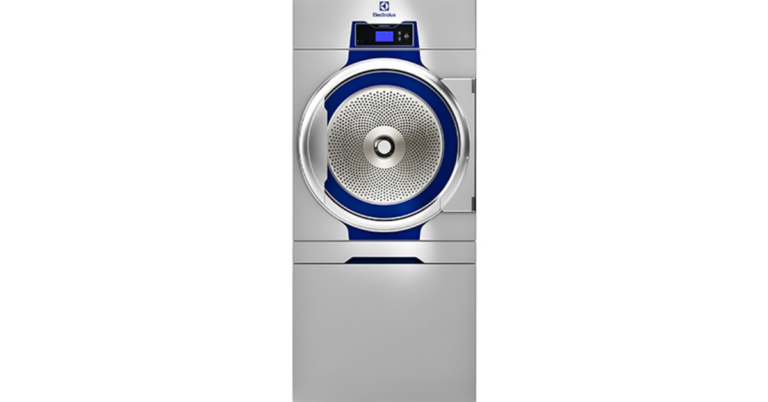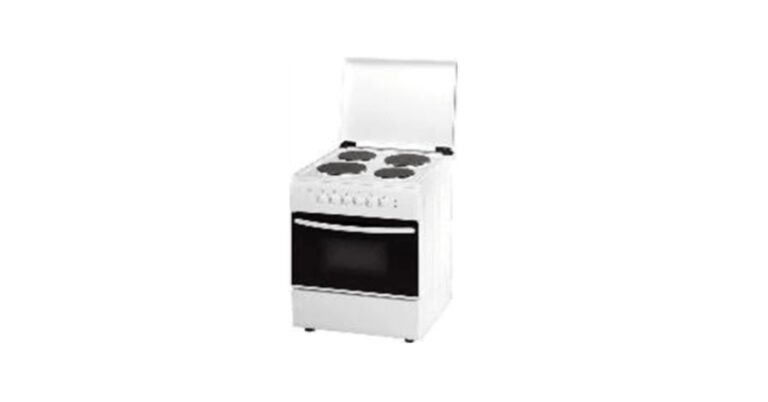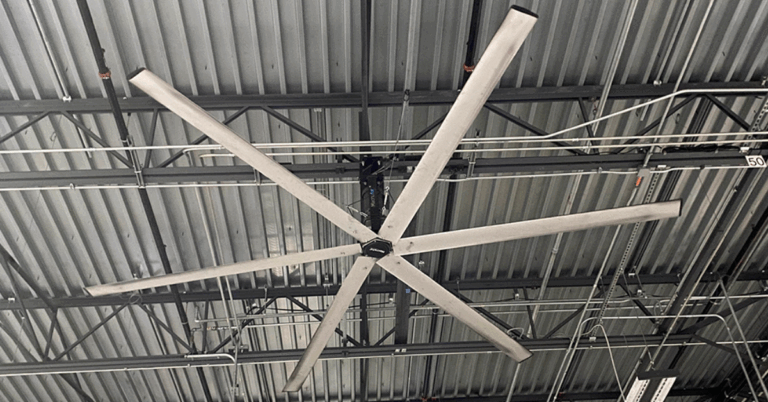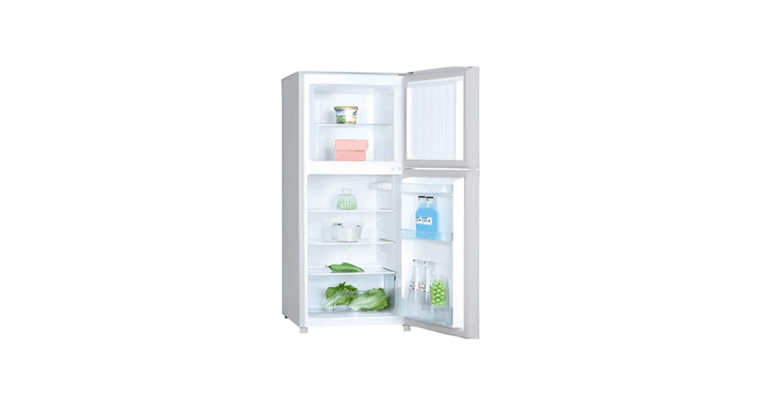Marine Machines: Essential Equipment for Efficient Operations at Sea
Operating a marine vessel or cruise ship requires specialized equipment designed to meet the unique challenges of the maritime environment. From laundry machines and refrigeration units to pressure washers and other onboard systems, Marine Machines must be robust, reliable, and built to withstand harsh conditions such as saltwater corrosion, humidity, and limited space.
Why Specialized Marine Machines Matter
Marine machines differ significantly from standard land-based equipment. The marine environment demands:
-
Durability: Resistant to corrosion and wear from saltwater and humidity.
-
Energy Efficiency: Optimized for limited power supply systems onboard.
-
Compact Design: Space on ships is precious, requiring equipment with a small footprint.
-
Compliance: Must meet stringent marine safety and operational standards.
Key Categories of Marine Machines
1. Laundry Equipment
Laundry facilities on cruise ships and cargo vessels handle massive amounts of fabrics daily. Machines like high-capacity washing machines and 60Hz tumble dryers are engineered for heavy use, energy efficiency, and durability.
Features often include corrosion-resistant materials, moisture sensors, and user-friendly controls designed to reduce cycle times and conserve water and power.
2. Refrigeration Units
Reliable refrigeration is vital for storing food and medical supplies onboard. Marine refrigerators and freezers are designed to work efficiently on 50Hz or 60Hz power systems, depending on the ship’s electrical grid, and built with corrosion-resistant exteriors to endure marine conditions.
Advanced insulation and temperature control features ensure food safety while minimizing energy consumption.
3. High-Pressure Washers
Cleaning the exterior and interior parts of ships requires high-pressure washers that are powerful yet designed for marine use. These machines operate efficiently on 60Hz systems and incorporate corrosion-resistant components to maintain functionality over time.
4. HVAC and Ventilation Systems
Proper air circulation and temperature control ensure comfort for passengers and crew. Marine HVAC units are engineered to cope with high humidity and salt air without performance loss.
5. Power and Electrical Systems
Marine power equipment, including generators and switchboards, must handle the specific frequency (50Hz or 60Hz) and voltage of a ship’s power grid. Reliability and safety are paramount to avoid power failures at sea.
Advantages of Using Purpose-Built Marine Machines
-
Long-Term Reliability: Equipment made with marine-grade materials lasts longer despite harsh conditions.
-
Operational Efficiency: Machines designed for shipboard use optimize energy and resource consumption.
-
Space Optimization: Compact designs maximize utility in limited spaces.
-
Compliance and Safety: Adherence to marine standards reduces risks and improves overall ship safety.
Maintaining Marine Machines for Optimal Performance
Routine maintenance extends the life and efficiency of marine equipment:
-
Regular Cleaning: Prevents salt buildup and corrosion.
-
Timely Servicing: Identifies wear and potential issues before failure.
-
Proper Operation: Following manufacturer guidelines helps avoid unnecessary damage.
-
Spare Parts Inventory: Keeping critical parts onboard minimizes downtime.
Conclusion
Marine machines are the backbone of smooth and safe ship operations, providing vital functions from laundry and refrigeration to cleaning and climate control. Selecting and maintaining equipment designed specifically for the maritime environment ensures durability, efficiency, and compliance—critical factors for successful marine and cruise ship management.

